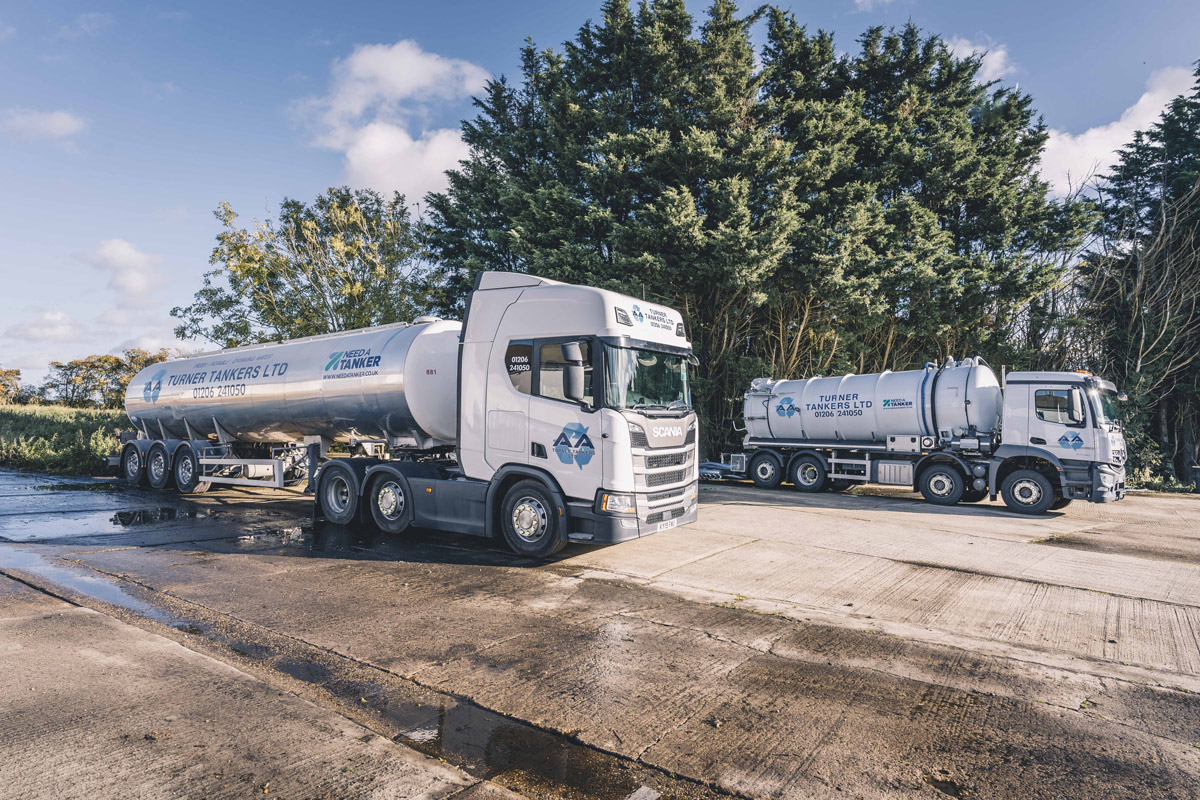The Ultimate Guide To Reclaim Waste
The Ultimate Guide To Reclaim Waste
Blog Article
The Ultimate Guide To Reclaim Waste
Table of ContentsThe Best Guide To Reclaim WasteThe Single Strategy To Use For Reclaim WasteReclaim Waste for BeginnersUnknown Facts About Reclaim WasteThe Greatest Guide To Reclaim Waste
Explore the types, events, and types of liquid waste. Domestic sewer waste describes the waste and products from a household septic system. This kind of waste is created by people in residences, colleges, and other structures. This only includes sewage-disposal tanks that have a drain field. The appropriate monitoring and disposal of domestic sewage waste call for liquid waste to be transferred to a sewage therapy plant where the proper methods and tools are related to purify and throw away waste.
Commercial waste frequently consists of prospective hazards, such as combustible materials or a combination of liquid and solid waste products, and calls for a more innovative and thorough disposal procedure. The disposal of commercial waste normally includes the filtration of waste prior to transportation to guarantee risk-free and appropriate disposal. Industrial waste is created from by-products and drainage of commercial processes and manufacturing.
This type of waste can not make use of the very same sewage management transport or processes as septic or commercial liquids. The commercial waste management process needs the assessment and screening of fluid waste before it goes through the disposal procedure (industrial wastewater treatment). Runoff waste is the fluid waste that comes from overflow and excess stormwater in extremely booming locations or cities
Drainage waste can create contamination and flooding if not managed correctly. Find out more regarding drain cleansing and waste monitoring. Making sure proper waste administration can protect against calamities and decrease environmental injury. Both people in residential setups and specialists in business or production industries can profit from comprehending the procedures and laws of liquid waste management.
Reclaim Waste Can Be Fun For Everyone
Call PROS Solutions today to learn more about our waste administration and disposal services and the correct methods to take care of the liquid waste you produce.
(http://tupalo.com/en/users/7813759)This so-called 'wastewater' is not just a crucial source however, after therapy, will be launched to our land, waterways or the sea. Used water from bathrooms, showers, bathrooms, kitchen sinks, washings and industrial procedures is recognized as wastewater.

water used to cool down machinery or clean plant and tools). Stormwater, a form of wastewater, is overflow that moves from farming and urban areas such as roof coverings, parks, gardens, roads, paths and gutters into stormwater drains pipes, after rainfall. Stormwater moves neglected straight to neighborhood creeks or rivers, eventually reaching the ocean.
The 6-Minute Rule for Reclaim Waste
In Queensland, many wastewater is treated at sewer therapy plants. Wastewater is delivered from domestic or commercial sites via a system of drains and pump terminals, known as sewerage reticulation, to a sewage treatment plant.
The Department of Natural Resources recommends city governments about handling, operating and maintaining sewage systems and treatment plants. In unsewered areas, city governments might require householders to mount private or household sewer treatment systems to deal with residential wastewater from commodes, kitchens, washrooms and laundries. The Department of Natural Resources authorizes the usage of family systems when they are verified to be effective.
In some new class, treatment of some stormwater to eliminate clutter, sand and gravel has actually begun utilizing gross pollutant catches. Wastewater treatment occurs in four stages: Removes solid issue.
Uses small living organisms understands as micro-organisms to break down and eliminate remaining liquified wastes and fine fragments. Micro-organisms and wastes are included in the sludge.
Reclaim Waste Things To Know Before You Buy
Nutrient elimination is not readily available at all sewer treatment plants because it calls for costly specialist equipment. Clear fluid effluent created after treatment might still consist of disease-causing micro-organisms - liquid waste disposal.

This usually implies wastewater has actually to be treated or contaminants gotten rid of prior to it can be discharged to rivers. Many wastewater moves into the sewage system. Under the Act, regional governments carry out approvals and permits for environmentally pertinent activities (Periods) including wastewater launches that might have a neighborhood effect. The division provides authorizations and licences to Periods including wastewater launches that might have a local or statewide impact.
The Facts About Reclaim Waste Uncovered
Surveillance offers accurate info regarding water high quality and can validate that permit problems are being satisfied. The details obtained with monitoring supplies the basis for making water top quality choices.
Report this page